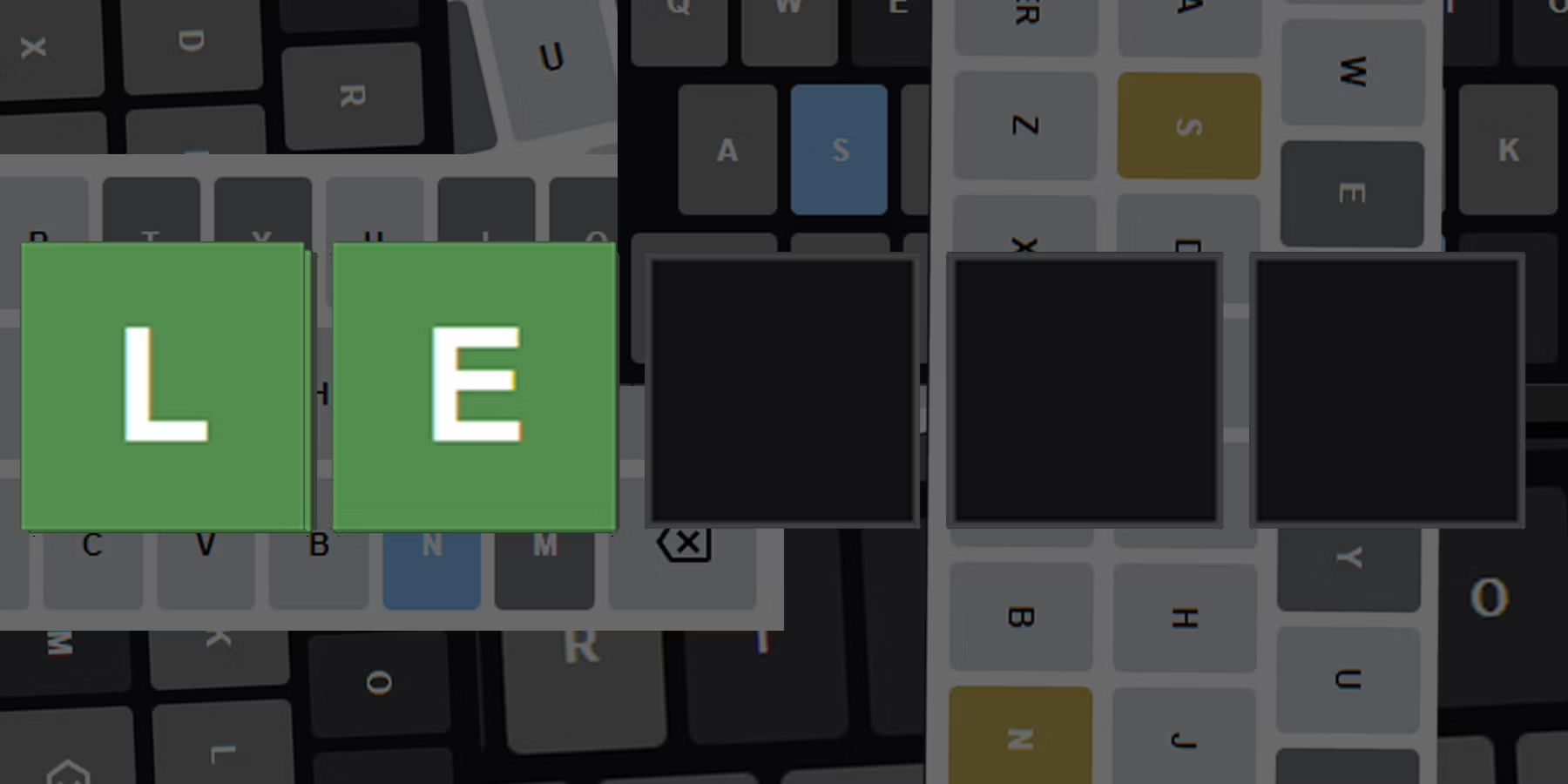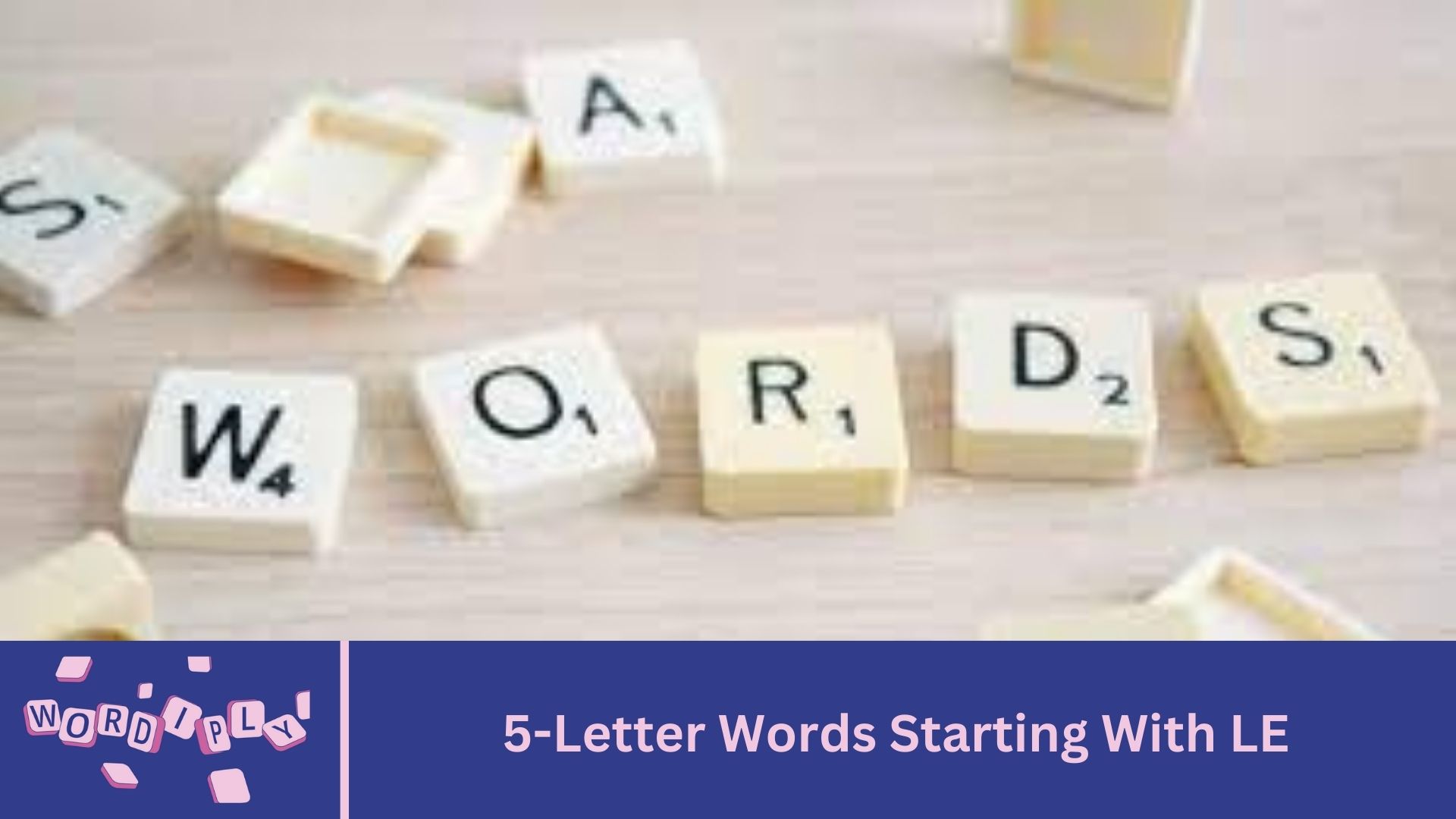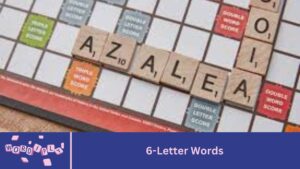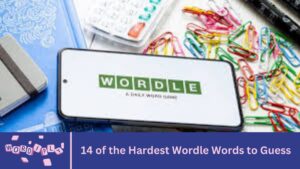The Introduction should briefly highlight the significance of 5-letter words in enhancing vocabulary and their frequent appearance in word games. It should also note that “LE” is a common starting pair in English, making these words particularly relevant for various linguistic applications.

Common 5-Letter Words Starting with “LE”
1.LEAVE
- Definition: “Leave” means to go away from a place or person. It can also refer to the act of departing or allowing something to remain in a particular state.
- Example Sentence: She decided to leave the party early to avoid the traffic.
2.LEMON
- Definition: “Lemon” is a yellow citrus fruit known for its sour taste, commonly used in cooking, beverages, and for its juice and zest.
- Example Sentence: I added a slice of lemon to my iced tea for extra flavor.
3.LEARN
- Definition: “Learn” means to gain knowledge or skill through experience, study, or teaching. It’s the process of acquiring new understanding, behaviors, or preferences.
- Example Sentence: He wants to learn how to play the guitar.
4.LEAPT
- Definition: “Leapt” is the past tense of “leap,” which means to jump or spring a long way, to a great height, or with great force.
- Example Sentence: The cat leapt over the fence in a single bound.
5.LEAST
- Definition: “Least” refers to the smallest in amount, extent, or significance. It’s used to express the minimum or lowest possible level.
- Example Sentence: She was the least interested in the topic.
Why These Words Are Common
These words are common because they appear frequently in everyday language, making them easily recognizable and useful in various contexts, especially in word games like Scrabble or Wordle. Their utility and frequency of use make them essential vocabulary.
Tips for Using These Words
- In Conversation: These words are versatile and can fit into many everyday conversations, from discussing departure plans (“leave”) to talking about foods and drinks (“lemon”).
- In Writing: Incorporate these words to make your writing clear and concise. For example, using “learn” in educational or instructional content can be very impactful.
- In Word Games: Knowing these common words can give you an advantage, especially in games where you need to quickly come up with 5-letter words.
Usage in Word Games
When playing word games like Scrabble, Words with Friends, Wordle, or other similar puzzles, knowing 5-letter words that start with “LE” can be particularly advantageous. Here’s how:
1.Strategic Word Placement:
- In games like Scrabble and Words with Friends, the positioning of letters on the board is crucial. Words starting with “LE” can be useful for connecting with other words on the board, especially if there are bonus tiles (like Double or Triple Letter/Word scores) nearby. For example, placing a word like “LEARN” on a Triple Word Score tile can significantly boost your points.
2.Building Off Existing Words:
- If there’s an “L” or “E” already on the board, adding “LE” and forming a new word can help you maximize your score. For instance, if “E” is on the board, you can add “LEARN” to create a new word and score points for both the new and existing words.
3.Maximizing Points with High-Value Letters:
- Some 5-letter words starting with “LE” contain high-value letters. In Scrabble, letters like “L” and “E” may not be worth much, but combining them with other valuable letters in words like “LEAPT” or “LEVEL” can increase your total score.
4.Useful for Wordle and Similar Puzzles:
- In Wordle, where you have to guess a 5-letter word within six tries, knowing a variety of words starting with “LE” can help you quickly narrow down possibilities. If you know the first two letters are “LE,” you can systematically test different options like “LEARN,” “LEAPT,” or “LEVEL” to identify the correct word.
5.Pattern Recognition:
- Recognizing common word patterns like “LE” can make it easier to spot potential words during gameplay. This is especially useful in games with time constraints, where quick thinking is key to success.
6.Expanding Vocabulary:
- Regularly using and encountering these words in games helps expand your vocabulary, making it easier to recall them in future games. This is especially helpful in word puzzles where repetition and practice lead to improvement.
Tips for Using “LE” Words in Games
- Mix and Match: Don’t just focus on the start of the word. Think about how the word could extend in different directions on the board.
- Learn Variants: Familiarize yourself with different forms of the word (e.g., “LEARN” vs. “LEARNED”).
- Practice: Use word game tools or apps to practice finding and using “LE” words, improving your speed and accuracy.
Fun Facts
1.Etymology of Words:
- Explore the origins of some of the words. For example, the word lemon comes from the Arabic word laymūn and was introduced to the English language through Old French and Middle English.
2.Word Popularity:
- Discuss how certain words like learn or lemon are more commonly used in everyday language compared to others like leapt. You could even include statistics or rankings if available.
3.Idioms and Phrases:
- Highlight idioms or common phrases that incorporate these words. For example, the phrase “When life gives you lemons, make lemonade” uses the word lemon and is commonly used to encourage a positive attitude in the face of adversity.
4.Cultural References:
- Mention any famous references in literature, movies, or music that use these words. For instance, the song “Lemon Tree” by Fool’s Garden is a popular tune that plays on the word lemon.
5.Historical Usage:
- Provide historical contexts where these words played a significant role. For example, the word learn has been pivotal in education, with roots going back to Old English leornian, meaning “to acquire knowledge.”
6.Unusual Meanings or Uses:
- Explore any unusual or archaic meanings of the words. For instance, the word leapt was once commonly used in poetic language but is now often replaced by leaped in American English.
7.Interesting Linguistic Patterns:
- Discuss any linguistic patterns or anomalies. For example, how the “LE” prefix often relates to actions or states (like leave, learn) and how this can help with word formation in English.
Conclusion
In the Conclusion, summarize the key points discussed in the article, emphasizing the importance of knowing 5-letter words starting with “LE” for vocabulary building and word games. Encourage readers to continue practicing and using these words in various contexts to strengthen their language skills.
FAQ’s
1. What are some common 5-letter words starting with “LE”?
- Common examples include LEARN, LEMON, LEAVE, LEAPT, and LEVEL.
2. How can I use 5-letter words starting with “LE” in word games?
- These words are useful in games like Scrabble, Words with Friends, and Wordle. Knowing them can help you score more points and solve puzzles efficiently.
3. Are there any 5-letter words starting with “LE” that have more than one meaning?
- Yes, words like LEAVE can mean either to depart or to allow something to remain.
4. What are some uncommon 5-letter words starting with “LE”?
- Examples include LEVER, LEMUR, and LEASE.
5. Which 5-letter word starting with “LE” is most frequently used in English?
- LEARN and LEAVE are among the most frequently used.
6. Are there any 5-letter words starting with “LE” that are also verbs?
- Yes, words like LEARN, LEAVE, LEAPT, and LEVER can all function as verbs.
7. Can 5-letter words starting with “LE” be used in daily conversation?
- Absolutely! Words like LEMON, LEVEL, and LEARN are commonly used in everyday language.
8. What are some 5-letter words starting with “LE” that describe animals?
- LEMUR is a 5-letter word starting with “LE” that describes a type of primate.
9. How do I memorize 5-letter words starting with “LE”?
- You can use flashcards, word games, or write sentences using each word to help memorize them.
10. Are there any 5-letter words starting with “LE” that are difficult to spell?
- Words like LEAPT may be tricky due to their irregular past tense forms.
11. What are some 5-letter words starting with “LE” used in science or technology?
- LEVEL (as in a level instrument) and LEVER (a simple machine) are examples.
12. Can you give examples of 5-letter words starting with “LE” in literature?
- Words like LEARN and LEAVE are often found in literature, used to convey essential actions or themes.
13. Are there 5-letter words starting with “LE” that are adjectives?
- Yes, LEVEL can be an adjective meaning flat or even.
14. What is a 5-letter word starting with “LE” that means to rent?
- LEASE means to rent property or equipment.
15. Are there any 5-letter words starting with “LE” that are related to food?
- LEMON is related to food and is used both as a fruit and a flavor.
16. What 5-letter word starting with “LE” describes a jump?
- LEAPT is the past tense of leap, describing a jump.
17. Can I find 5-letter words starting with “LE” in crossword puzzles?
- Yes, words like LEARN and LEMON frequently appear in crossword puzzles.
18. What are some 5-letter words starting with “LE” that end with a vowel?
- LEAVE, LEVER, and LEASE end with vowels.
19. Is there a 5-letter word starting with “LE” that means to allow?
- LEAVE can mean to allow or to depart.
20. How can I practice using 5-letter words starting with “LE”?
- You can practice by writing sentences, playing word games, or creating flashcards for these words.











![Science Fiction Book Sales Statistics [2023]](https://wordiplypro.com/wp-content/uploads/2024/09/Add-a-heading-17-300x169.jpg)



